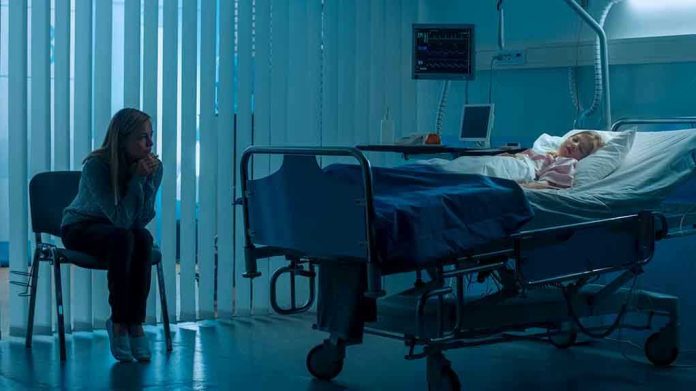
Louisiana’s first severe West Nile case of 2025 signals government warnings, but also highlights a pattern of reactive bureaucracy and ongoing threats to public safety in America’s cities.
Story Snapshot
- Louisiana health officials confirmed the first severe, neuroinvasive West Nile virus case of 2025 in densely populated Orleans Parish.
- Public health agencies ramp up mosquito control and advisories as the risk of urban transmission rises.
- Annual West Nile outbreaks persist despite years of campaigns and taxpayer spending.
- Experts warn that severe cases will continue unless robust prevention and individual responsibility are prioritized.
Severe West Nile Virus Case Sparks Public Health Alarm in New Orleans
On August 8, 2025, the Louisiana Department of Health confirmed the season’s first human case of neuroinvasive West Nile virus in Orleans Parish, one of the most densely populated areas in the state. The neuroinvasive form is the most dangerous, leading to potentially permanent neurological complications or even death. This diagnosis immediately triggered renewed warnings and mosquito control advisories, as public health officials work to contain the risk of further transmission in New Orleans, a city long plagued by mosquito-borne illnesses.
Public health agencies including the Louisiana Department of Health and the City of New Orleans Mosquito, Termite and Rodent Control Board are urging residents to take extra precautions. Recommendations include avoiding outdoor activities at dusk and dawn—when the southern house mosquito is most active—and using EPA-approved repellents. These efforts come on the heels of a summer marked by increased mosquito activity and ongoing West Nile reports in 14 Louisiana parishes, raising concerns that the 2025 season could be especially severe for urban residents.
Persistent Threats Despite Years of Public Spending and Warnings
West Nile virus has been a recurring danger in Louisiana since it first appeared in 2002, with officials reporting cases every year. In 2024 alone, the state recorded 57 human infections—including 38 severe, neuroinvasive cases and three deaths. While public health campaigns and mosquito control efforts have been ongoing, the continued emergence of serious cases in 2025 exposes clear limits in government prevention strategies. Residents remain at risk, especially vulnerable groups like the elderly and immunocompromised, despite years of taxpayer-funded interventions and outreach.
Annual outbreaks show no sign of abating. The cycle of reactive government advisories—ramping up each summer after new cases are confirmed—demonstrates a lack of long-term, proactive solutions. As urban centers grow and environmental factors favor mosquito breeding, the risk of severe outbreaks may only increase. This pattern raises valid concerns among citizens about government accountability, responsible spending, and the need for more effective strategies to truly protect families and communities.
Expert Perspectives Underscore Need for Individual Vigilance and Local Control
Health experts continue to emphasize personal responsibility as the frontline defense against West Nile virus. While public health authorities ramp up surveillance and mosquito abatement, the most critical advice remains straightforward: eliminate standing water, use repellents, and reduce outdoor exposure when mosquitoes are most active. The fact that most West Nile infections are asymptomatic hides the true scale of the problem, but severe, neuroinvasive cases can result in permanent neurological damage or death. Experts warn that underreporting is common, further complicating the public’s ability to gauge real risk.
Some professionals advocate for more aggressive mosquito abatement, while others stress the importance of community engagement and education. Ultimately, the ongoing outbreaks highlight the need for local control and personal preparedness—core values for many Americans—rather than an endless cycle of federal advisories and emergency spending. As the 2025 mosquito season unfolds, residents of New Orleans and across Louisiana are reminded that vigilance and practical action are the best protections against a system that too often responds after the fact.
Sources:
Louisiana Department of Health: 2025 First Human Case of West Nile Virus
City of New Orleans: First Human Case of West Nile Virus Detected in Orleans Parish
Louisiana Department of Health: 2025 West Nile Virus Guidance
CDC: West Nile Virus Current Year Data














